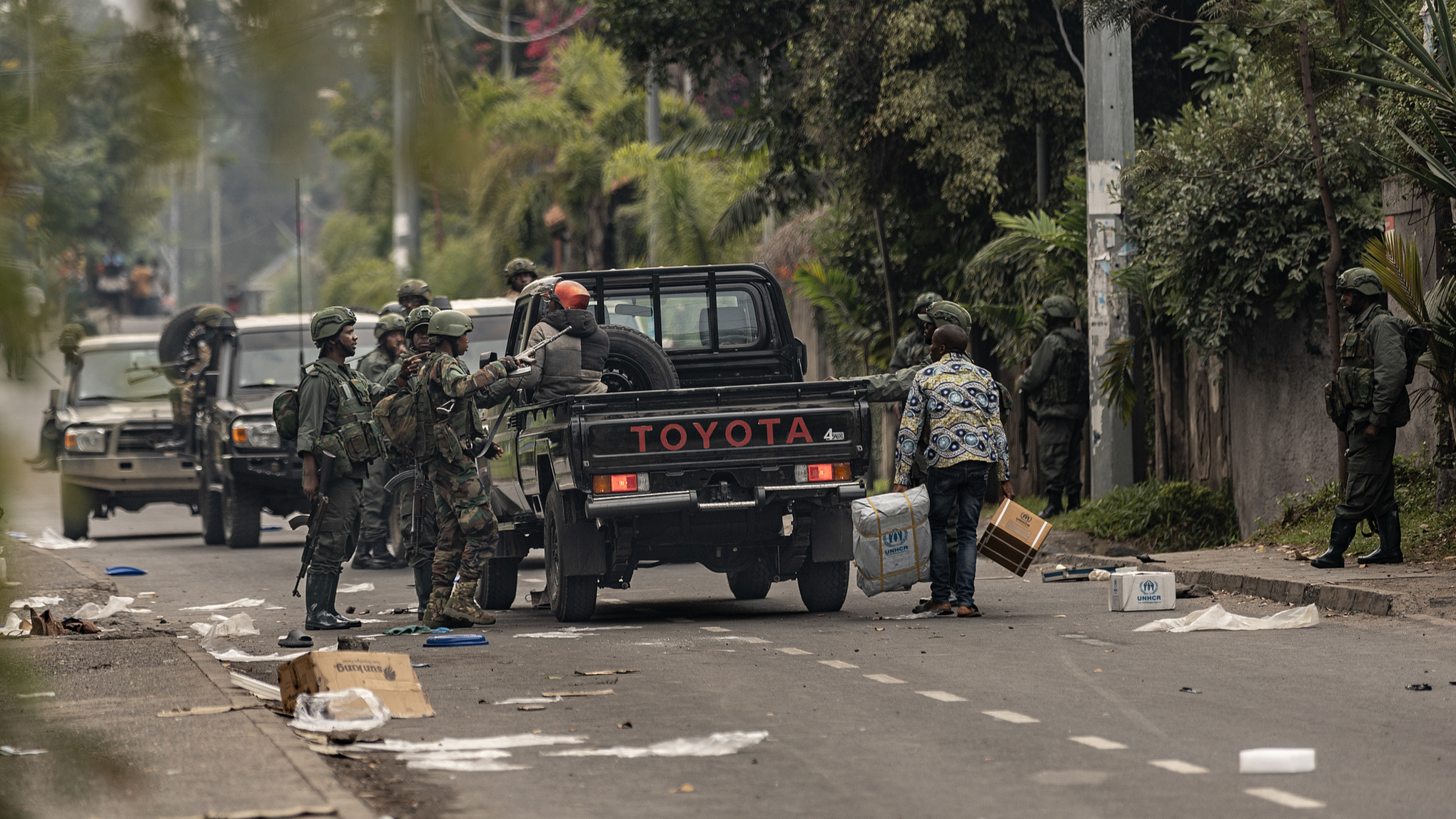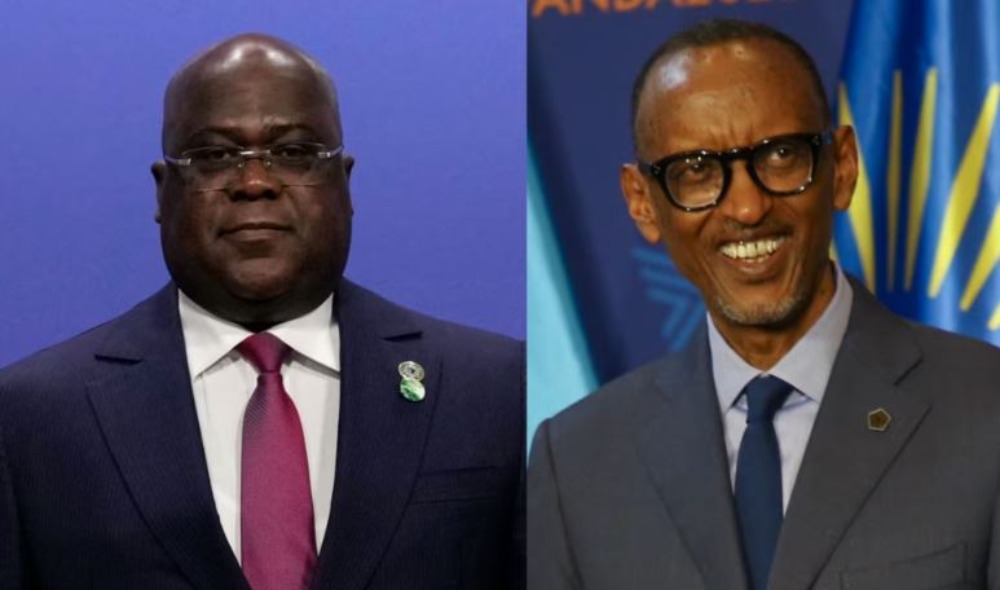
The Democratic Republic of Congo’s (DRC) eastern region has seen a resurgence of tensions after the Congolese army accused the M23 rebel group on Tuesday of carrying out several attacks despite existing peace accords.
- The Democratic Republic of Congo’s eastern region is experiencing renewed unrest involving the M23 rebel group despite existing peace negotiations.
- Both the Congolese army and the M23 group accuse one another of violating agreements and mobilizing forces, exacerbating tensions.
- Peace negotiations mediated in Washington and Doha face delays, with scheduled discussions and agreements unmet.
To highlight the fragility of the current mediation process, Congo’s army issued a warning that it reserved the right to respond to any further provocations.
SEE ALSO: How 2025 could mark the beginning of the end for Rwanda-Congo hostilities
The army’s statement claims that the attacks violate agreements negotiated in Washington and Doha to put an end to the long-running strife in the mineral-rich area.
A day prior, M23 had accused Congolese forces of inciting more soldiers and breaking a statement of principles made in Doha on July 19 that promised support for a lasting truce, as reported by Reuters.
The torrent of allegations comes as peace negotiations, which were supposed to start in Doha last week, face prolonged delays.
Under the July 19 proclamation, both parties agreed to begin discussions on August 8 and reach a final agreement by August 18.
However, neither delegation is currently present in Doha.
M23 commander Bertrand Bisimwa alleged last week that the rebel faction had not received an official invitation to the negotiations.
The organization also accused the Congolese army of mobilizing troops and military weapons in six different sites, indicating a potential escalation.
Peace talks between the DRC and the M23 rebels
The latest developments follow a series of diplomatic interventions aimed at resolving the crisis.

On July 31, Rwanda, which has been accused of backing the M23 rebels, and the DRC held their first Joint Oversight Committee meeting in Washington, a direct result of mediation efforts by Qatar and the US.
Earlier in March, Qatar hosted a new round of negotiations after DRC President Félix Tshisekedi attended a joint conference of Eastern and Southern African leaders in Tanzania in February, convened in response to escalating violence.
The Southern African Development Community (SADC) and the East African Community (EAC) have attempted to mediate the conflict by appointing African leaders such as former Kenyan President Uhuru Kenyatta, former Nigerian President Olusegun Obasanjo, and former Ethiopian Prime Minister Hailemariam Desalegn to lead peace efforts.
On April 25, under the mediation of the United States, Rwanda, and the Democratic Republic of the Congo finally agreed to work towards peace.












